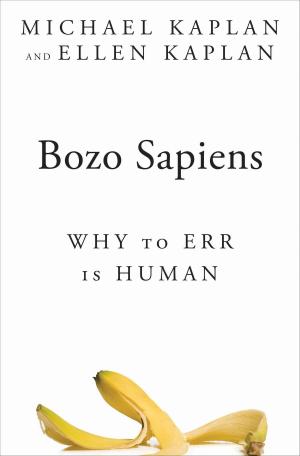| Author: | ISBN: | 9781782250685 | |
| Publisher: | Bloomsbury Publishing | Publication: | January 28, 2013 |
| Imprint: | Hart Publishing | Language: | English |
| Author: | |
| ISBN: | 9781782250685 |
| Publisher: | Bloomsbury Publishing |
| Publication: | January 28, 2013 |
| Imprint: | Hart Publishing |
| Language: | English |
Legal theorists consider their discipline as an objective endeavour in line with other fields of science. Objectivity in science is generally regarded as a fundamental condition, informing how science should be practised and how truths may be found. Objective scientists venture to uncover empirical truths about the world and ought to eliminate personal biases, prior commitments and emotional involvement. However, legal theorists are inevitably bound up with a given legal culture. Consequently, their scholarly work derives at least in part from this environment and their subtle interaction with it. This book questions critically, in novel ways and from various perspectives, the possibilities of objectivity of legal theory in the twenty-first century. It transpires that legal theory is unavoidably confronted with varying conceptions of law, underlying ideologies, approaches to legal method, argumentation and discourse etc, which limit the possibilities of 'objectivity' in law and in legal reasoning. The authors of this book reveal some of these underlying notions and discuss their consequences for legal theory.
Legal theorists consider their discipline as an objective endeavour in line with other fields of science. Objectivity in science is generally regarded as a fundamental condition, informing how science should be practised and how truths may be found. Objective scientists venture to uncover empirical truths about the world and ought to eliminate personal biases, prior commitments and emotional involvement. However, legal theorists are inevitably bound up with a given legal culture. Consequently, their scholarly work derives at least in part from this environment and their subtle interaction with it. This book questions critically, in novel ways and from various perspectives, the possibilities of objectivity of legal theory in the twenty-first century. It transpires that legal theory is unavoidably confronted with varying conceptions of law, underlying ideologies, approaches to legal method, argumentation and discourse etc, which limit the possibilities of 'objectivity' in law and in legal reasoning. The authors of this book reveal some of these underlying notions and discuss their consequences for legal theory.















